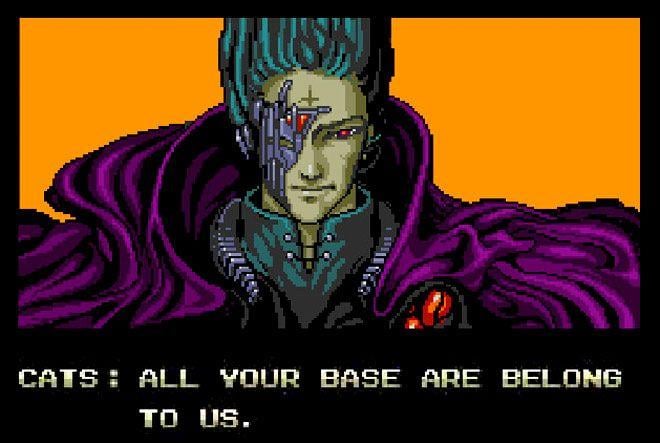
Today marks the 35th anniversary of a transformative game series: Dragon Quest. The first hit the streets on May 27, 1986. It wasn’t the first computer-based role-playing game, but its was the first major one for a console, which make the hurdle to entry a lot lower. (1/?) 

It wasn’t much to look at, thanks to the limits of the Famicom. But director Yuji Horii had a knack for distilling the complexity of popular PC games like Wizardry & Ultima, which relied on keyboards, into something that could be played on a control pad. 

Nintendo controlled the making of Famicom games with an iron fist. It compelled devs to front the money to manufacture carts at Nintendo facilities. This placed all the risk on the developer. DQ's developer, Enix, bet big, placing an order for 760,000 carts.
Consoles were believed to be suited for twitch-reflex arcade-style games. Dragon Quest by nature was quiet, more contemplative, an early open-world experience. You didn’t need to be a great gamer; you just needed to put time in. Horii and Enix knew they needed a hook.
Their next move transformed game history. Enix approached the manga weekly Shonen Jump, to help them make a manga based on the game. Jump, always at the forefront of youth trends, jumped. They assigned a gent named Akira Toriyama to the project. 

Toriyama had already made a name for himself with his manga series Dr. Slump. He’d just started Dragon Ball. Now he provided character designs for DQ’s packaging and manual, filling in the visual gaps and giving the game a slick multimedia marketing hook. It was rocket fuel. 

Dragon Quest I was a huge hit, but its sequels would blow up even bigger. 1988’s Dragon Quest III spawned massive lines outside of shops as kids skipped school and grownups work to queue. It turned into a bona-fide scandal. 

For a nation that prided itself on its work ethic, this was scandalous behavior. “All across the country today,” opened a special television report that night, “massive lines formed for what amounts to nothing more than a toy!”
He gravely added that 300+ schoolchildren had been collared by the police for truancy, and that on the outskirts of Nagoya, a group of men on motorcycles had mugged a junior high boy for his copy of the game as he walked home from the store. 

Even worse-gasp!-many customers were adults! Mass media coined the term ‘kitchen gamers’ to describe young moms who indulged while kids were at school, while shop clerks reported threatening calls from yakuza gangsters demanding clues to completing the game’s quests – or else.
The success of DQ III made director Yuji Horii a celebrity, face of a new generation of high-tech creatives who took the building of virtual worlds every bit as seriously as the craftspeople who had created Japan’s postwar economic industrial miracle.
But it also made an entire nation, from kids to parents to gangsters, a nation of gamers — a precursor of a societal phenomenon to sweep the entire planet in the decades to come.
• • •
Missing some Tweet in this thread? You can try to
force a refresh














